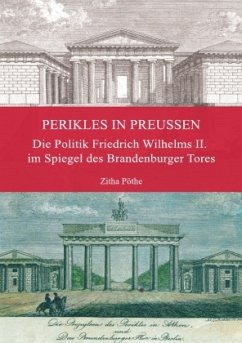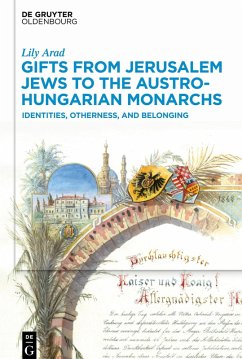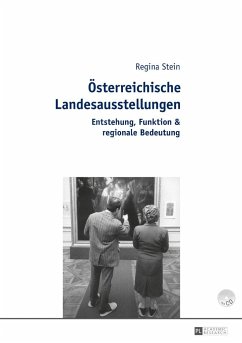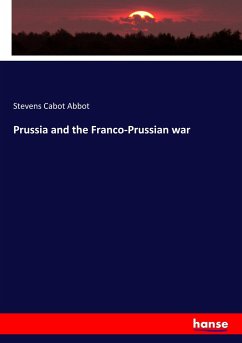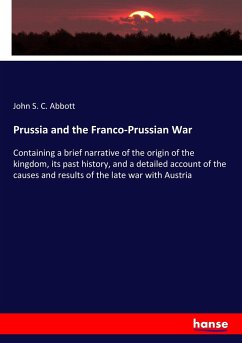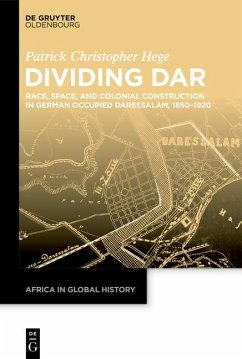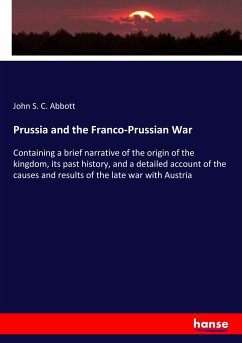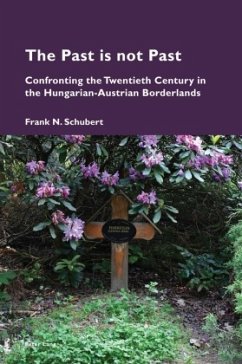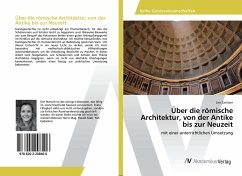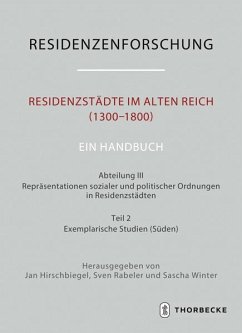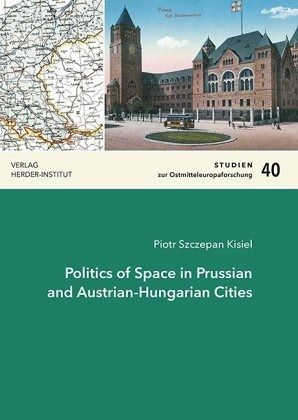
Politics of Space in Prussian and Austrian-Hungarian Cities
Versandkostenfrei!
Versandfertig in 6-10 Tagen
43,00 €
inkl. MwSt.

PAYBACK Punkte
0 °P sammeln!
This book tells a story of urban modernisation on the peripheries of the two nineteenthcentury empires, examines how people at the time imagined a 'European city' and how they strived to fulfil this ideal. At the same time this monograph demonstrates how nationalism became part of this development and why it was resisted. It also explains how various actors played the nationalist card to achieve very different goals. This study of urban development also shows how local politics often defied well-known nationalist scripts: A German mayor of Posen condemned Germanisation politics of the Prussian...
This book tells a story of urban modernisation on the peripheries of the two nineteenthcentury empires, examines how people at the time imagined a 'European city' and how they strived to fulfil this ideal. At the same time this monograph demonstrates how nationalism became part of this development and why it was resisted. It also explains how various actors played the nationalist card to achieve very different goals. This study of urban development also shows how local politics often defied well-known nationalist scripts: A German mayor of Posen condemned Germanisation politics of the Prussian government, whereas Cracow's media celebrated technical novelties in city theatre building, rather than national decorations. The comparative perspective shows not only similarities and differences of the symbolic regimes in the Hohenzollern and Habsburg monarchies, but also how nationalism was merely part of a bigger picture and can be properly understood only together with class, religionand other political factors. Last but not least, this book challenges common assumptions about the irrational nature of national commemorations and symbolic politics in general, showing why various state and private actors engaged in such enterprises and what they could gain from it.



